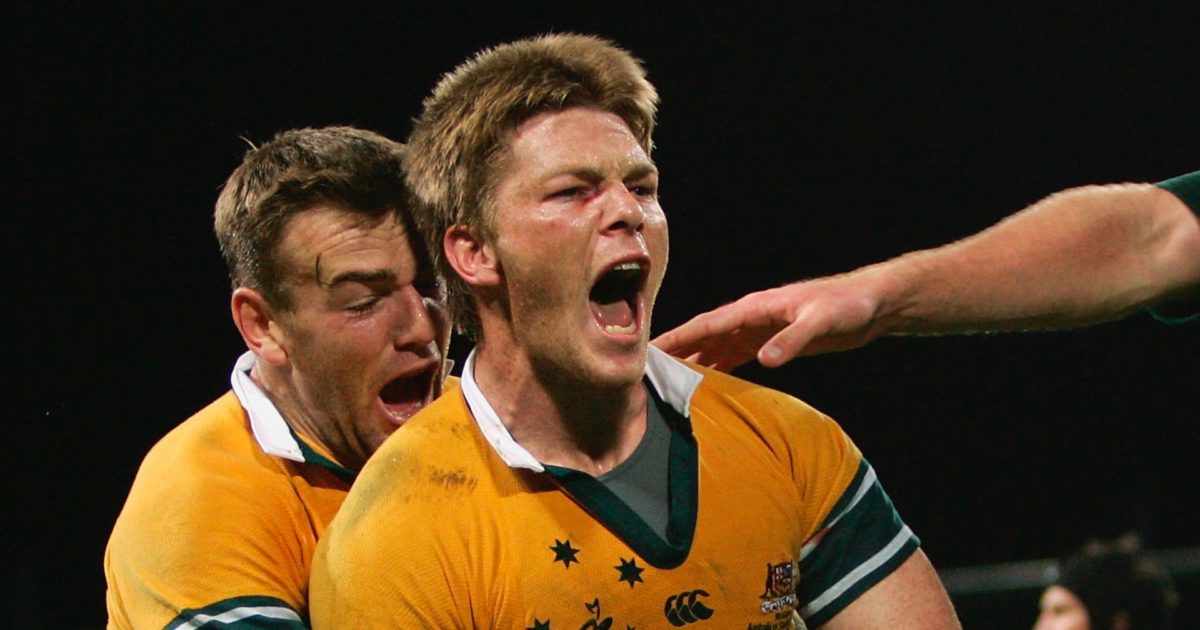16 years on, Clyde Rathbone revisits controversy ignited by his change of allegiance

Durban-born Clyde Rathbone has revisited the almighty fuss that his controversial 2004 return to play for the Wallabies versus the Springboks generated. Now 38, the back had skippered the 2002 Junior World Cup-winning Springboks, but within two years he was lining up against the country he originally dreamed of playing Test rugby for.
It was an offer from the Brumbies that initially turned Rathbone’s head and a visit to their set-up convinced him his career would be best served by moving from South Africa to Australia. Pretty soon he was in the Test team mix and Australia won when the sides faced off in Perth in the Tri-Nations in what was the sixth cap of Rathbone’s 26-cap career, the winger even helping himself to a try in the 30-26 victory.
Three weeks later he was back in Durban, taking on the Boks at Kings Park in an altogether different atmosphere. South Africa exacted revenge, winning 23-19.Speaking to Sport24 about his swift change in allegiance, Rathbone explained: “My return was front-page news every day of the week. Having grown up 40km south of Durban, it was a place I was familiar with but now I felt like an outsider. As a consequence, I developed a combative mindset.
“I saw it as me against the whole of South Africa and was very defensive about the situation. I remember being very in-your-face and was aggressive in the way I positioned myself during that time. In turn, the reaction of many people in South Africa was to get equally aggressive. You had these two forces meeting and it made for a fascinating time.
“In hindsight, I would definitely have handled the situation very differently. However, the whole concept of regret is interesting because without those experiences in life you don’t learn anything. I value those experiences in terms of what I learned from them, but as an older, more mature individual I would handle the situation in a different manner.
“My initial path in rugby was provided by my country of birth and then, as you’re coming into the prime of your career, you up and leave and go somewhere else. I can see how that would leave a bad taste in people’s mouths.
“My move was particularly contentious based on the timing of it and that I was a bit naive when it came to the media. I was relatively candid and, as the media tend to do, they latched onto one or two of the more inflammatory quotes. That would become the headline and would guide the narrative of the whole story.”









































